Common Bengal Cat Health Issues: How to Prevent and Treat Them

Bengal cats are generally robust and healthy, thanks to their active nature and strong genetics. However, like any breed, they are still susceptible to specific health conditions. Understanding these potential Bengal cat health problems and taking preventative measures early on can make a significant difference in your Bengal's overall well-being and longevity.
By recognizing the early signs of these conditions, you can take appropriate action to ensure your Bengal cat enjoys a long, happy life. In the following sections, we explore the most common health issues with Bengal cats, how to identify them, and proven strategies for prevention and treatment.
Common Bengal Cat Health Problems
While Bengals are generally strong and energetic, certain health issues are more common in the breed, making it essential for owners to stay vigilant and informed.
Hypertrophic Cardiomyopathy (HCM)
One of the primary Bengal cat health issues is Hypertrophic Cardiomyopathy (HCM), a heart disease that causes the muscular walls of the heart to thicken. This thickening makes it more difficult for the heart to pump blood efficiently, potentially leading to heart failure over time. HCM is seen in many cat breeds, but Bengals are particularly susceptible. Early detection through regular veterinary screenings, such as cardiac ultrasounds, allows for more treatment options and can help manage the disease effectively, giving your Bengal a better quality of life.
Symptoms of HCM:
-
Difficulty breathing: As the heart's function is impaired, the cat may struggle to breathe, especially during exertion or while resting.
-
Lethargy: The cat may seem unusually tired and show less interest in activities they previously enjoyed.
Reduced appetite: A decrease in appetite or interest in food can be a sign of heart distress.
Prevention and Treatment:
-
Regular cardiac screenings: If you have a Bengal kitten or an adult Bengal, it’s crucial to have them undergo regular cardiac checkups, especially if there is a known history of HCM in the family.
-
Avoid over-exertion: Minimize stress and avoid activities that could overtax the heart, such as excessive play or exercise.
-
Medications prescribed by a vet: Certain medications, like beta-blockers or ACE inhibitors, can help manage symptoms and improve the cat's heart function. A vet may also recommend dietary adjustments to reduce strain on the heart.
Progressive Retinal Atrophy (PRA)
Progressive Retinal Atrophy (PRA) is a genetic condition affecting the eyes of Bengal cats. This condition causes the degeneration of the retina, which leads to a gradual loss of vision. As the retina deteriorates, the cat’s ability to see in low-light conditions declines. PRA is inherited, and breeders should test for this condition to prevent passing it on to future generations. If detected early, it is possible to manage some of the associated symptoms and provide support to your Bengal cat.
Symptoms of PRA:
-
Difficulty seeing in dim light: Bengals with PRA may struggle to navigate in low-light environments, often bumping into objects.
-
Bumping into objects: As the disease progresses, the cat might lose its ability to see clearly in normal lighting conditions, leading to frequent collisions with furniture and walls.
-
Gradual loss of vision: Over time, the vision loss will become more evident, and the cat may appear disoriented or confused.
Prevention:
-
Genetic testing for breeders: Responsible breeders should test their breeding cats for the PRA gene, ensuring that only healthy cats are bred. This helps prevent the spread of the disease.
-
Regular veterinary check-ups: Consistent check-ups allow for early detection of eye conditions. Your vet may perform retinal exams to monitor the health of your Bengal’s eyes.
-
Supportive care: While there is no cure for PRA, ensuring your Bengal has a safe and comfortable environment will help them adjust to vision loss. Bright lighting and clear walkways can assist in maintaining their independence.
Urinary Tract Issues
Bengal cats are particularly prone to urinary tract problems, which can include conditions like bladder stones and urinary tract infections (UTIs). These issues can be painful and may lead to severe complications if not addressed promptly. Maintaining proper hydration and diet is critical to preventing these problems, as Bengal cats are often more susceptible to urinary conditions due to their high activity levels and dietary needs.
Symptoms of Urinary Problems:
-
Frequent urination: Cats with urinary issues may urinate more frequently than normal, sometimes in inappropriate places like outside the litter box.
-
Blood in urine: Blood in the urine can indicate a urinary tract infection, bladder stones, or other serious conditions.
-
Straining to urinate: If your Bengal is struggling or showing signs of discomfort while urinating, it could be a sign of a blockage or infection.
Prevention:
-
Ensure proper hydration: Bengals are active cats and often have a high energy output, so it's essential to ensure they are drinking plenty of water. Consider wet food to increase moisture intake.
-
Maintain a balanced, vet-approved diet: A diet rich in high-quality protein and low in minerals like magnesium and phosphorus can help prevent bladder stones and urinary tract infections.
-
Regular cleaning of the litter box: A clean litter box reduces the chances of infection and allows for early detection of any urinary issues through the monitoring of litter box habits.
Allergies in Bengal Cats
Health issues with Bengal cats related to allergies are not uncommon, and they can manifest in various ways, including skin irritations or respiratory problems. Bengals are particularly sensitive to environmental allergens like pollen, dust mites, and even certain foods. Identifying and eliminating these allergens can help prevent discomfort and ensure your Bengal stays healthy and happy.
Common Allergens for Bengal Cats:
-
Certain food ingredients: Some Bengals may have allergies to certain foods, such as dairy, grains, or artificial additives, which can cause skin reactions or digestive issues.
-
Environmental allergens: Dust mites, pollen, mold, or chemicals in cleaning products may trigger allergic reactions, causing symptoms like sneezing or itching.
-
Flea bites or insect stings: Fleas are a common cause of allergies in Bengal cats, leading to itchy skin, hair loss, and in severe cases, dermatitis.
Prevention:
-
Keep the living area clean and dust-free: Regular cleaning can help reduce the buildup of allergens in your home. Consider using air purifiers to reduce airborne particles that may irritate your Bengal’s respiratory system.
-
Feed your Bengal a hypoallergenic diet: If your Bengal suffers from food allergies, consult with your vet to provide a hypoallergenic diet that eliminates potential irritants.
-
Consult with your vet for allergy testing and management: If you notice signs of allergies, such as excessive itching, sneezing, or digestive upset, a vet can help pinpoint the allergens and recommend the appropriate treatment or medication.
How to Keep Your Bengal Healthy
Maintaining the health of your Bengal cat is essential for their well-being. Preventive care is the foundation of their health, and making sure they receive the proper care and attention is key to ensuring they thrive. Below are some key steps you can take to ensure your Bengal stays happy and healthy.
Routine Vet Check-ups
Regular vet visits are essential for maintaining the health of your Bengal cat. These check-ups help detect any potential Bengal cat health issues early, making it easier to manage or treat conditions before they become severe.
During a routine check-up, you can expect your vet to administer necessary vaccinations, perform routine bloodwork and urine tests to monitor organ function and detect hidden issues, and conduct dental check-ups to ensure your cat's teeth and gums are healthy. Regular check-ups are a key part of keeping your Bengal in optimal health.
Proper Diet and Nutrition
Bengal cats are highly active, so they require a diet that supports their energy needs and promotes overall health. A nutritious diet that is rich in proteins, vitamins, and minerals is essential for keeping your Bengal strong, agile, and energetic.
The best foods for Bengals include high-quality, protein-rich cat food (preferably meat-based), wet food to increase moisture intake and support urinary health, and avoiding fillers like corn or soy, which can cause allergies or digestion issues. Proper nutrition also helps maintain a healthy coat, good digestion, and a strong immune system, all of which are crucial for your Bengal’s well-being.
Regular Exercise
Bengal cats are energetic and curious by nature, and they need plenty of physical activity to stay healthy both mentally and physically. Regular exercise helps prevent obesity, keeps their muscles toned, and supports their natural hunting instincts. Interactive play sessions are essential for engaging them in stimulating activities that encourage both mental and physical exercise.
To keep your Bengal active and entertained, use interactive toys like feather wands and laser pointers, provide climbing structures such as shelves or cat trees to satisfy their need for vertical space, and encourage games like fetch or hiding treats for them to find, which also help to mentally stimulate your cat.
Grooming and Care
While Bengal cats are low-shedding due to their short, sleek coats, they still require regular grooming to maintain their overall health and cleanliness. Regular grooming ensures your Bengal cat remains clean and comfortable, helps to prevent skin issues, and reduces the risk of infections.
Even though Bengal cat health problems related to grooming are relatively rare, it's important to brush your Bengal's coat weekly to reduce hairballs and to maintain a shiny, healthy coat. Use a soft-bristle brush to remove loose hairs and check for any signs of skin irritations, rashes, or flea infestations, which are more common in cats with short coats.
Ear and Nail Care
In addition to brushing, regular ear cleaning and nail trimming are vital aspects of Bengal cat care. Due to their large ears and the lack of hair inside, Bengal cats are prone to ear infections or buildup of wax and debris. Cleaning their ears once a week with a vet-approved ear cleaner helps to prevent infections and discomfort.
Look for signs of infection, such as head shaking or excessive scratching. Similarly, trimming your Bengal's nails every 2-3 weeks prevents overgrowth and discomfort, ensuring your cat's paws remain healthy and functional. By maintaining these regular care routines, you can help keep your Bengal cat comfortable and free from common issues.
Conclusion
By understanding the common Bengal cat health problems and taking proactive steps to manage and prevent them, you can ensure that your Bengal cat lives a long, healthy, and happy life. Whether it’s through regular vet check-ups, maintaining a proper diet, or providing plenty of exercise and stimulation, caring for your Bengal cat is both rewarding and fulfilling.
Remember, Bengal cat health issues can often be managed with early detection, and their affectionate and playful nature will make every effort worthwhile. By being proactive and informed, you’re giving your Bengal the best possible chance for a long, healthy life.
By investing in good health care and providing the right environment, you’ll enjoy many years with your Bengal cat, an affectionate, active, and visually striking companion. Do not forget to contact us!

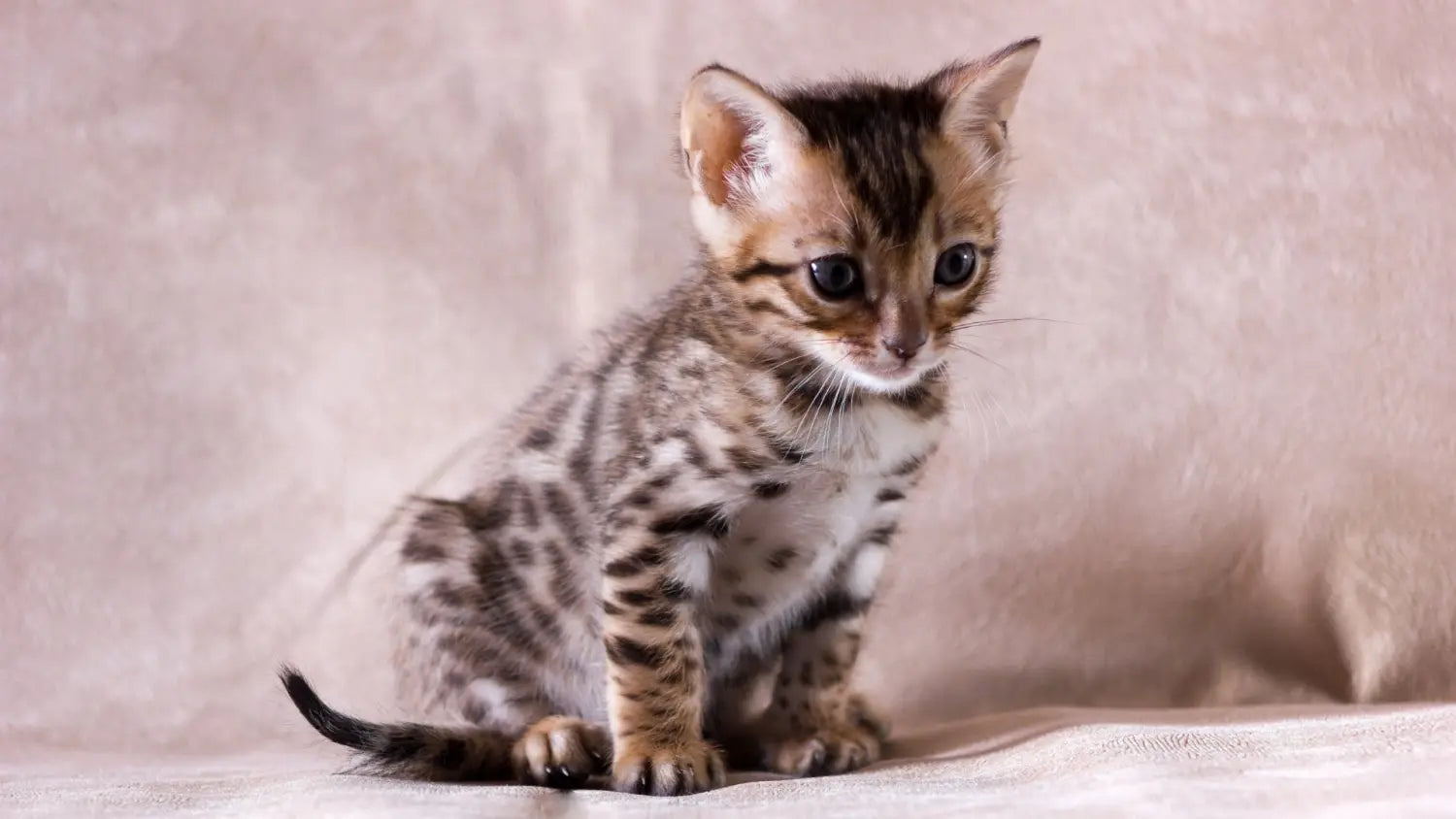
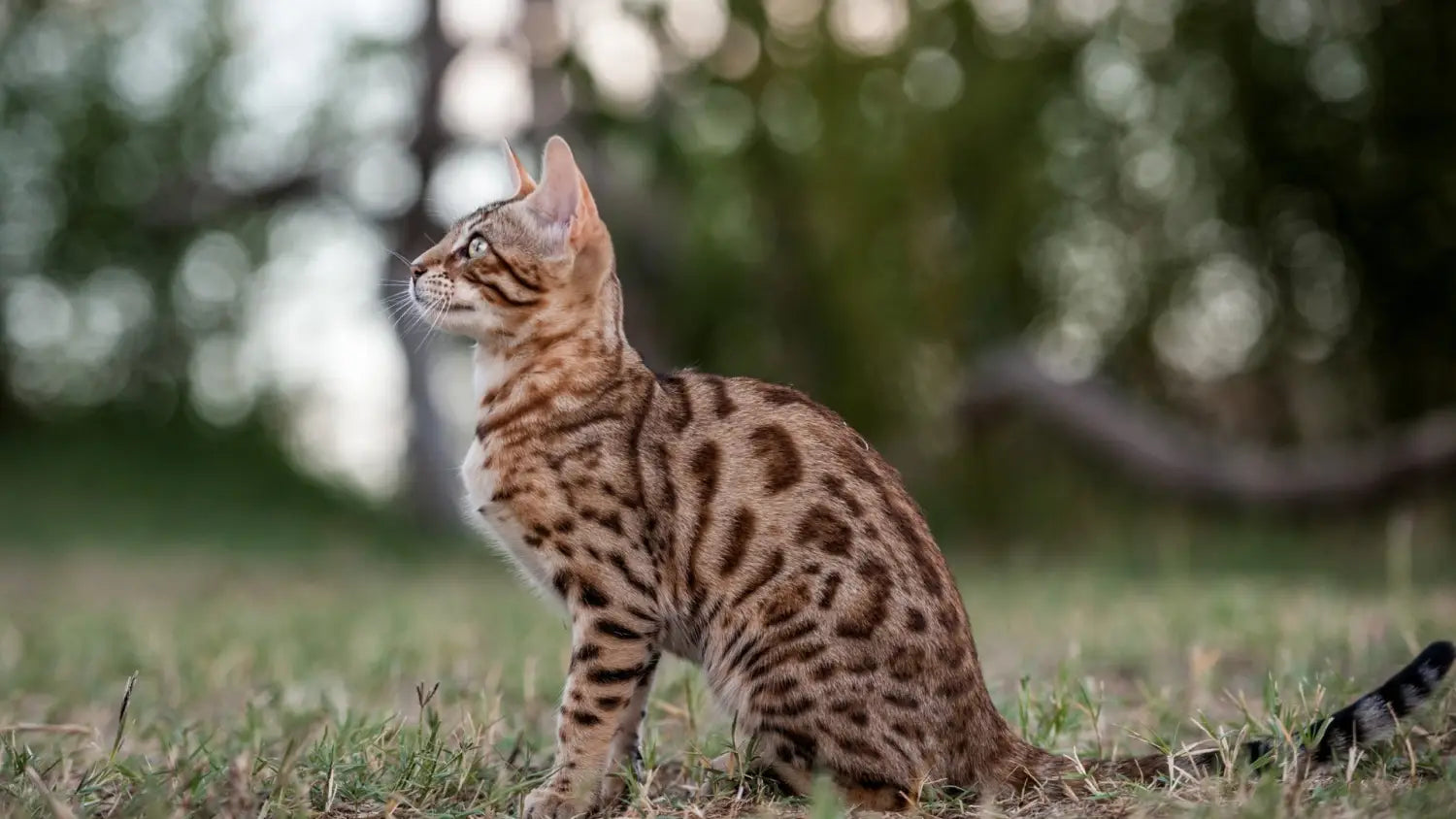
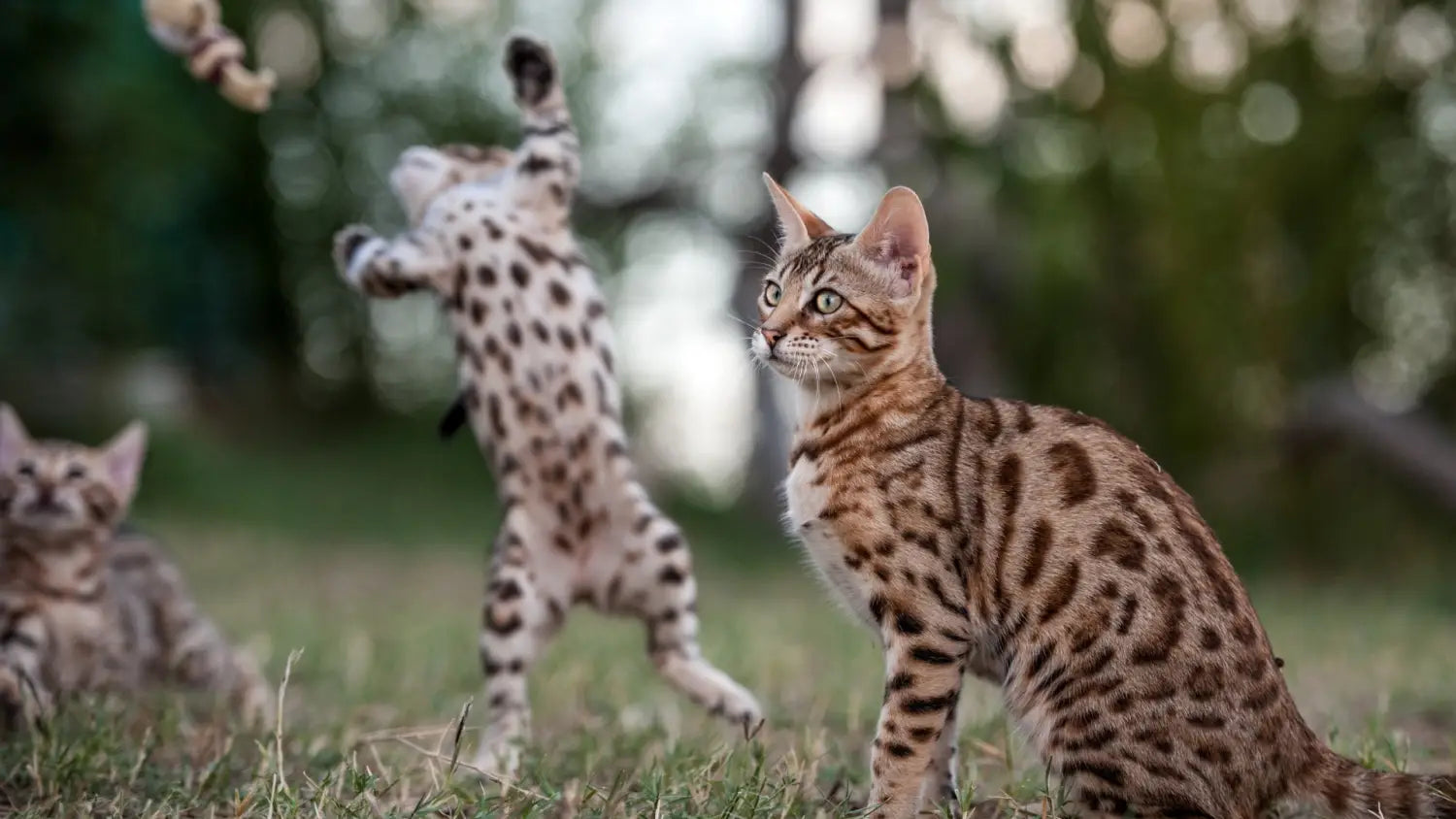




















































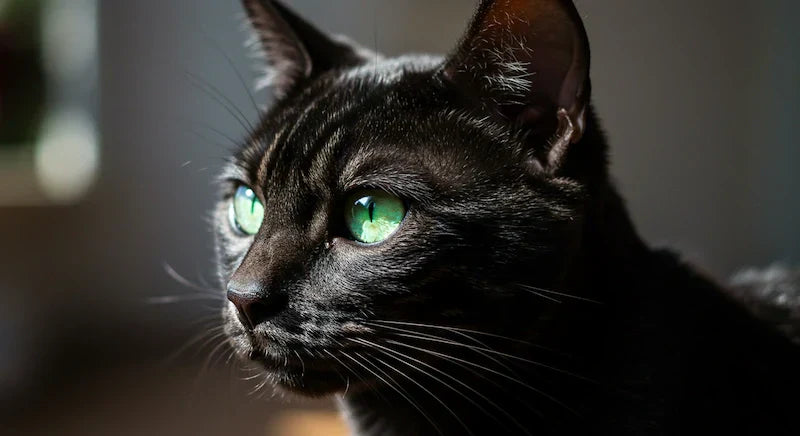
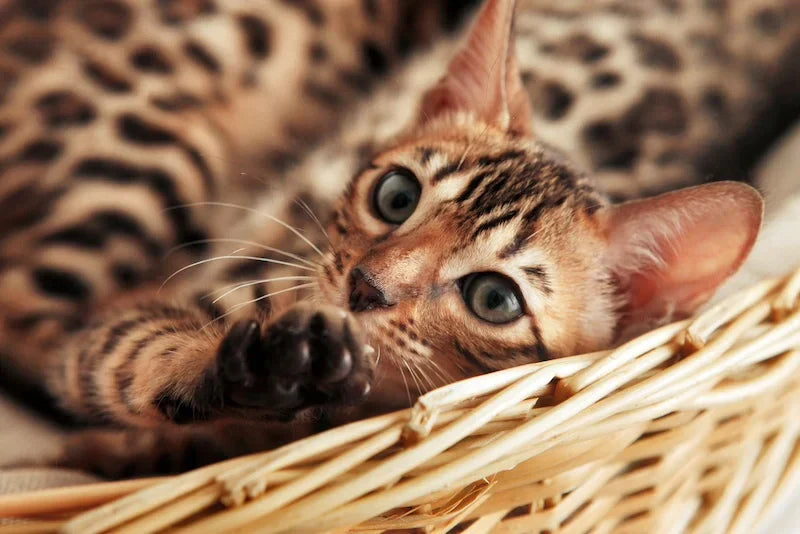
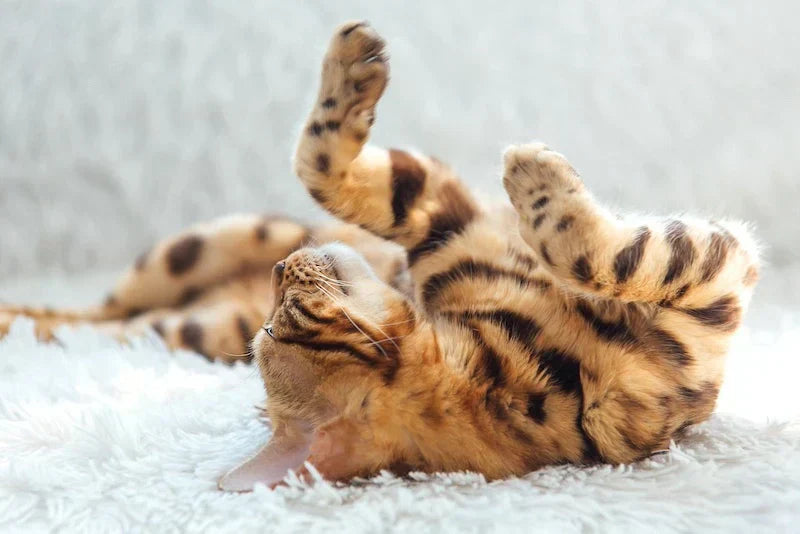





Comments(0)